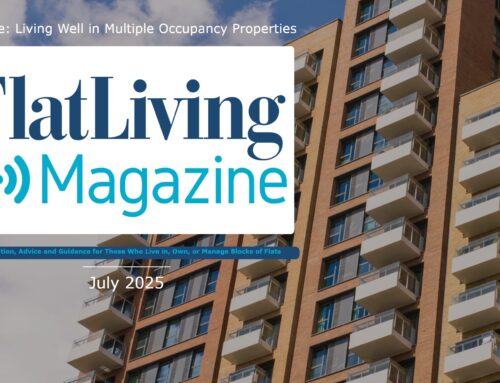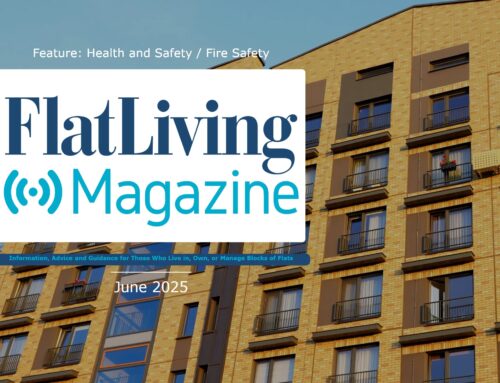Remote Working vs Office Life
Julie Sydenham, Virtual Assistant to Rebecca Kelly of Flat Living and Be Original, discusses the pros and cons of working from home vs an office, having worked extensively in both environments.
 Some people have hated being forced to work from home during the pandemic, some have loved it. More may have loved it if they weren’t also trying to balance child-care and home schooling or simply worrying themselves sick over the pandemic situation. Most agree that the lack of commute is a joy (unless that commute constituted your ‘alone time’ but I think that warrants another conversation about the importance of work-life balance), while others have simply loved not spending their hard-earned on train tickets, bus passes and expensive lunches.
Some people have hated being forced to work from home during the pandemic, some have loved it. More may have loved it if they weren’t also trying to balance child-care and home schooling or simply worrying themselves sick over the pandemic situation. Most agree that the lack of commute is a joy (unless that commute constituted your ‘alone time’ but I think that warrants another conversation about the importance of work-life balance), while others have simply loved not spending their hard-earned on train tickets, bus passes and expensive lunches.
It’s been a fascinating conversation to overhear as someone who has worked full time from home for over a year now.
I was directly employed for ten years before going self-employed and in all my various roles I worked full time from an office of some kind or another. In my final position, some working from home was allowed but it certainly wasn’t offered on a plate- it had to be ‘earned’. I thought being a grown up, a mother and employee of the year would warrant some mutual respect and trust, but bosses still seem to find it hard to believe that their teams can self-motivate, focus and get the job done without an authoritative, watchful and ever-present eye…
What Has the Pandemic Taught Employers?
The pandemic situation has proved a point: the majority of desk jobs can be done just as well from a dining room table with a decent Wi-Fi connection as they can from a fancy-pants office space. The majority of businesses have upheld their SLAs, continued to provide great customer service and even managed to feel closer as a team in many cases.
Of course, the initial practicalities and logistics of setting up may not have been easy, but the assumed issues with accountability, productivity and output don’t seem to have come to light.
A friend of mine who holds a managerial position in one of the largest financial services companies in the UK has brought her team closer together than ever. They have daily ‘chat sessions’ to catch up on each other’s well-being and to have some giggles before the day begins- time that wouldn’t be set aside in a normal office environment but that would creep in throughout the day via elongated trips to the kettle.
She’s noted a vast boost in their productivity and seen many take far more ownership of their responsibilities while others have started pushing for development now that they ‘have the head-space to think about it’.

So, once this has all blown over (hopefully…eventually?) will the British workforce run back to their offices to rescue the pot plants and sneak in chats by the water cooler or, will a new way of working have been born?
What I Think May Happen
Some will strive to continue this new way of life; avoiding the commute, checking in with colleagues over video chats and email, happily focusing for their allotted 8 hours and getting their job done to the best of their ability (without interruption, needless meetings and the pang of guilt at not ‘being home more’). This group are chasing the peaceful feeling of not adding to the rush hour climate issues, saving money and keeping their pets company while allowing more time for family, friends and hobbies either side of the working day. Those who fall into this group may also have a deep appreciation for pyjamas…not that I’m speaking from experience!
The majority will likely fall into the middle camp- those who want a perfect mixture of the two. A few days from home, a couple in the office. The chance to pick kids up from school more often while still having face to face time with colleagues, management and clients. Or maybe a re-working of their hours with later start times and an earlier finish to avoid rush hour, while making up for lost time by working from home in the evenings or at weekends. I wonder if employers’ minds will have been pried open enough to consider this a possibility? I hope so.
Lastly, some will be desperate to get back to their desk- and there is nothing wrong with that! For some, the camaraderie of the office is a huge part of their lives. Seeing their colleagues face to face provides friendship, support and guidance that can be difficult to emulate via a screen. The physical switch from home-space to work-space can also be vital to many people’s mental wellbeing and is not something to be done away with overnight.
More Trust for Employees and Freelancers Alike
My hope for post-pandemic life is that there is simply a little more trust and flexibility in the world. That employees can be treated more like the adults they are- even if it only means that on those days where you’re perfectly capable of working but just can’t face the world for one reason or another, you’ll be allowed to work from home without a long conversation and it ‘being done as a favour’ that hangs over your head like a payday loan.
Imagine being able to call your line manager with a simple “I’m going to work from home today just FYI- I’ll be online from 9am and I’ll Zoom in for the meeting at 3pm” without so much as an eyebrow lift. Heaven.
I’m a big believer in people living up to expectations. If you treat staff like untrustworthy children, that’s largely how they will behave.
If you want staff that take pride in and ownership of their work, that look after their clients and hit their targets and don’t feel the need to take a fake sick day just to get the alone time they need, then treat them as the adults they are.

Along with that, I hope business owners will be instilled with a little more confidence when it comes to trusting freelancers. It’s so hard to delegate and I find that prospective clients really struggle with the thought of handing duties over to someone new- and especially someone who won’t be in the room with them. Completely understandable, but a needless barrier to getting the help they clearly need.
Some things to remember next time you think about hiring in outside help:
- Freelancers choose to offer their services because they’re skilled in those areas and enjoy what they do
- Freelancers choose to work independently because they know they have the personality type to enable consistent focus on the task at hand
- Freelancers are business owners in their own right- who better to go to for support than someone who understands what it is to have a ‘business baby’?
- Freelancers depend entirely on their clients so making you happy is their top priority- what more assurance do you need?




Leave A Comment